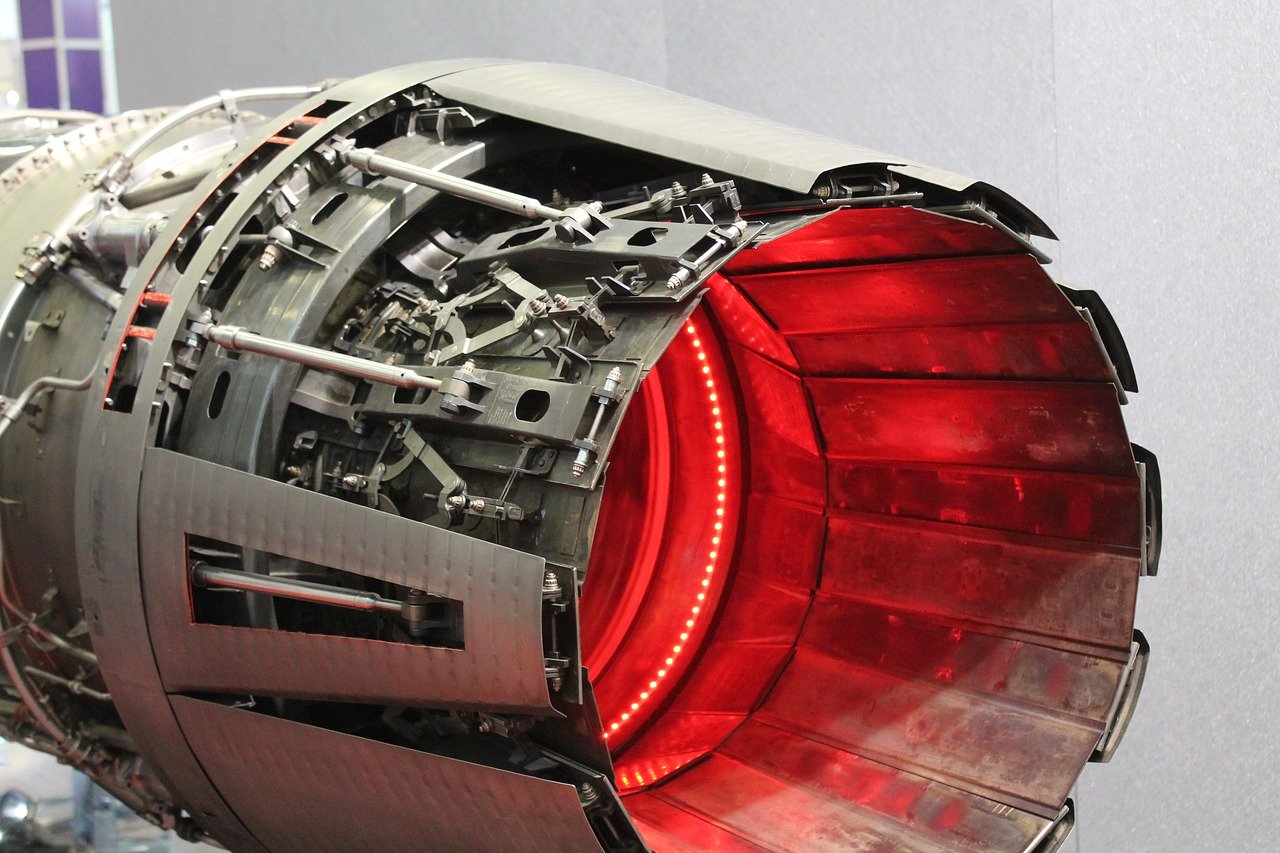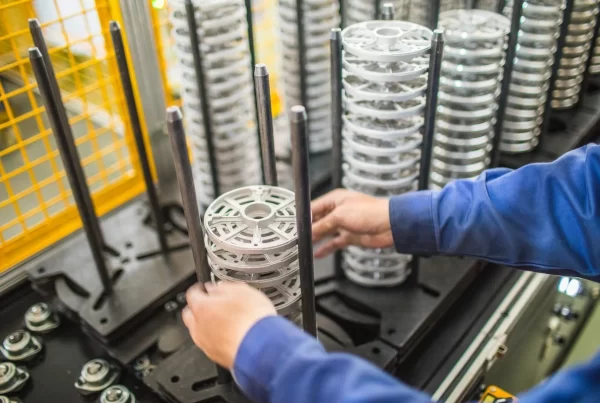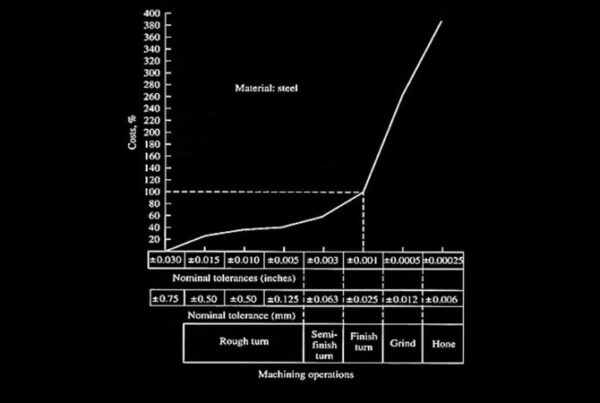In the world of precision engineering and manufacturing, the choice of materials is a critical decision that can significantly impact the quality, efficiency, and cost-effectiveness of the final product. Aerospace A286 stainless steel is a material that has gained attention for its exceptional properties and versatility in various applications. This article delves into the pros and cons of using Aerospace A286 stainless steel in CNC machine shops, highlighting its unique features, potential benefits, and challenges.
Pros of Using Aerospace A286 Stainless Steel
1. High Temperature Resistance:
One of the standout features of Aerospace A286 stainless steel is its remarkable resistance to high temperatures. This property makes it particularly suitable for aerospace applications, where components must withstand extreme heat generated during flight and re-entry. In CNC machine shops, working with Aerospace A286 allows manufacturers to create parts and components that maintain their structural integrity and mechanical properties even under demanding conditions.
2. Corrosion Resistance:
Aerospace A286 stainless steel exhibits excellent corrosion resistance, making it a favored choice for components exposed to harsh environments or corrosive substances. In CNC machining, this property can lead to reduced maintenance requirements, longer tool life, and improved part longevity. The material’s ability to resist corrosion ensures that the manufactured parts retain their functionality and appearance over time.
3. Strength and Durability:
Aerospace A286 stainless steel possesses high tensile strength and durability, allowing it to withstand mechanical stresses and loads. This property is crucial for aerospace applications where components must maintain their structural integrity even in high-stress situations. In CNC machine shops, using Aerospace A286 enables the creation of robust and reliable parts that can endure rigorous conditions without compromising performance.
4. Precision Machining:
Aerospace A286 stainless steel is known for its machinability and workability. In CNC machining, this translates to smoother and more efficient manufacturing processes. The material can be readily shaped, drilled, milled, and turned with precision, reducing the likelihood of errors and the need for extensive post-processing. This advantage can lead to increased productivity and decreased production time in machine shops.
5. Wide Range of Applications:
Beyond aerospace, Aerospace A286 stainless steel finds utility in various industries, including automotive, chemical processing, and power generation. This versatility opens up opportunities for CNC machine shops to diversify their product offerings and cater to a broader customer base. The ability to work with a material that has applications across different sectors can contribute to business growth and stability.
Cons of Using Aerospace A286 Stainless Steel
1. Cost:
Aerospace A286 stainless steel is known for its premium quality and exceptional properties, but these benefits come at a cost. The material is relatively expensive compared to standard stainless steels, which can impact the overall manufacturing budget. CNC machine shops must carefully consider the project’s requirements and budget constraints before opting for Aerospace A286, as the material cost can influence pricing and competitiveness.
2. Machining Challenges:
While Aerospace A286 stainless steel is known for its machinability, it can present challenges during CNC machining due to its high strength and work hardening tendencies. The material’s hardness can lead to increased tool wear and higher cutting forces, potentially affecting tool life and production efficiency. Machine shops need to employ appropriate tooling and cutting strategies to mitigate these challenges.
3. Specialized Expertise:
Working with Aerospace A286 stainless steel may require specialized knowledge and expertise due to its unique properties. CNC machine operators and programmers need to be familiar with the material’s behavior during machining and be adept at adjusting machining parameters to achieve optimal results. This need for specialized skills can lead to higher training requirements and potential skill gaps within the workforce.
4. Material Contamination:
Aerospace A286 stainless steel is sensitive to contamination from foreign particles or contaminants introduced during machining. Even minor impurities can affect the material’s corrosion resistance and mechanical properties. CNC machine shops need to maintain rigorous cleanliness standards to ensure the integrity of the finished parts, which might require additional quality control measures.
5. Limited Availability of Suppliers:
Compared to more common materials, Aerospace A286 stainless steel might have a more limited pool of suppliers, which can potentially lead to supply chain challenges. Machine shops must establish reliable supply chains for the material to avoid production delays or interruptions. This aspect requires careful supplier selection and management.
The decision to use Aerospace A286 stainless steel in CNC machine shops involves a careful consideration of its pros and cons. While the material’s exceptional temperature resistance, corrosion resistance, strength, and versatility make it an appealing choice for aerospace and other high-performance applications, factors such as cost, machining challenges, specialized expertise, and material contamination must also be taken into account. Ultimately, successful implementation of Aerospace A286 stainless steel in CNC machining relies on a thorough understanding of its properties, proper machining techniques, and effective quality control measures to deliver parts that meet the stringent requirements of modern industries.





